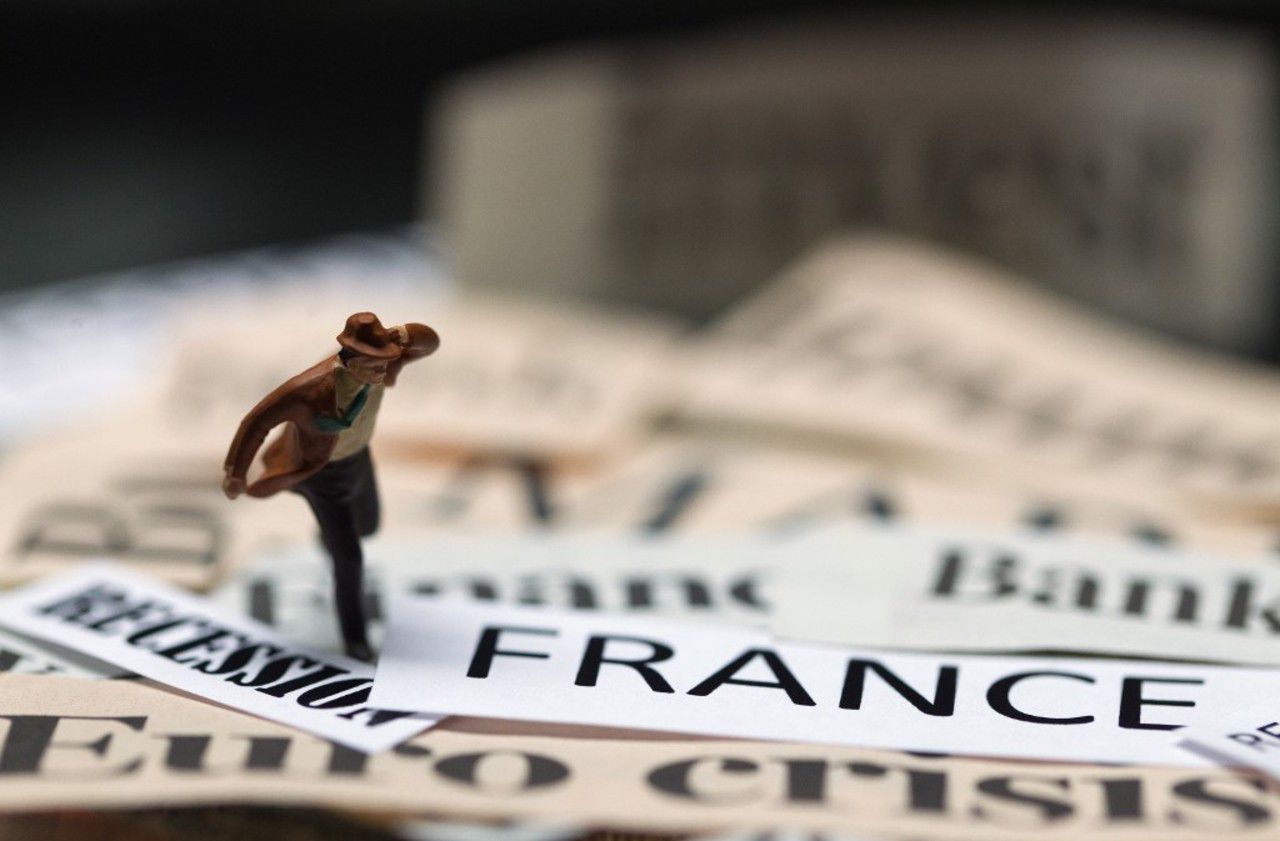Describing a curve with a metaphor has become a habit since the start of the coronavirus crisis. Difficult to miss the “sombrero bump” or the “bell”, images used to describe the rise, the peak slightly and the relapse of the contaminations.
But the health crisis is also economic, global growth has collapsed, and the different trajectories it could now take form as many curves as economists have found an unstoppable way to describe in two words: the ABCs… precisely.
From the V-shaped victory curve for a meteoric recovery to the L-shaped curve for long-term growth close to the daisies, here are six scenarios for exiting the worst recession since the Great Depression, from the most optimistic to the most pessimistic.
The “utopian” scenario: the V-shaped curve
Suffice to say at the outset, this scenario, still possible at the beginning of March, has since passed into the “fiction” category. It's a shame, because it was enticing. An overall fall in growth due to the shutdown of production sites around the world, followed by an immediate rebound as soon as they reopen thanks to a very strong recovery in consumption, made possible by two things: the limitation of loss of income thanks to partial unemployment, and a large savings accumulated especially during confinement.
In 1954, the United States had emerged from a brutal recession in a few months, finding practically full employment, thanks to rampant consumption, supported by tax breaks and social payments. Are we headed for this happy end? Aside from the Bank of England, which plans to recover all losses from 2020 by 2021, almost no institution believes this.
The U-shaped scenario, optimistic but realistic
It's the same idea as the V, but with a later takeoff, a kind of stagnation in the bottom of the wave, the most affected sectors like tourism struggling to restart, and delaying the recovery.
This is a fairly "classic" scenario, one that followed the oil shock of 1973 for example, and that many European countries, including France, can still consider, according to the European Commission. Provided there is no second wave ...
The long comma, the long recovery
This is the sluggish scenario: instead of stagnating very low before rebounding sharply, activity resumes fairly quickly but slowly, and is struggling to return to its pre-crisis level.
This is a scenario experienced by certain emerging countries, including India, after the financial crisis of 2008-2010. The recovery came quickly, but growth has not returned to its original pace.
L like lethargy
This is the exit from the crisis scenario where there is simply ... no exit from the crisis. The order books do not fill up, bankruptcies multiply, unemployment explodes, consumption decreases, which slows down a little more the recovery of production…
“It pays me” newsletter
The newsletter that improves your purchasing powerI'm registering
Your email address is collected by Le Parisien to allow you to receive our news and commercial offers. Find out more
A vicious circle experienced by Japan, caught in a deflationary spiral in the early 1990s following the bursting of a financial and real estate bubble. We are not there yet.
The W, the economy in yo-yo
We enter there into the scenarios that everyone fears, as they are unstable, those which include a recovery, then a second epidemic wave, and therefore a new shutdown of the production sites.
The economy then made a yoyo, like the euro zone, undermined in 2008 by the subprime crisis, then, the slope barely recovered, weighed down two years later by the various debt crises.
WL, the roller coaster… and the crash
If the W is feared by all economists, it at least has the merit of having a favorable outcome. If at the end of these roller coasters, growth did not resume, we would have a curve in WL.
The strange decade that has just ended for Russia could illustrate this scenario. Struck by the financial crisis of 2008, the Russian economy was once again weighed down by the war in eastern Ukraine, which scourged capital, lowered the price of oil, led to sanctions ... Becoming toxic for foreign investors, Russia ended the decade with sluggish growth, far from the insolent pace it still experienced at the end of the 2000s.









